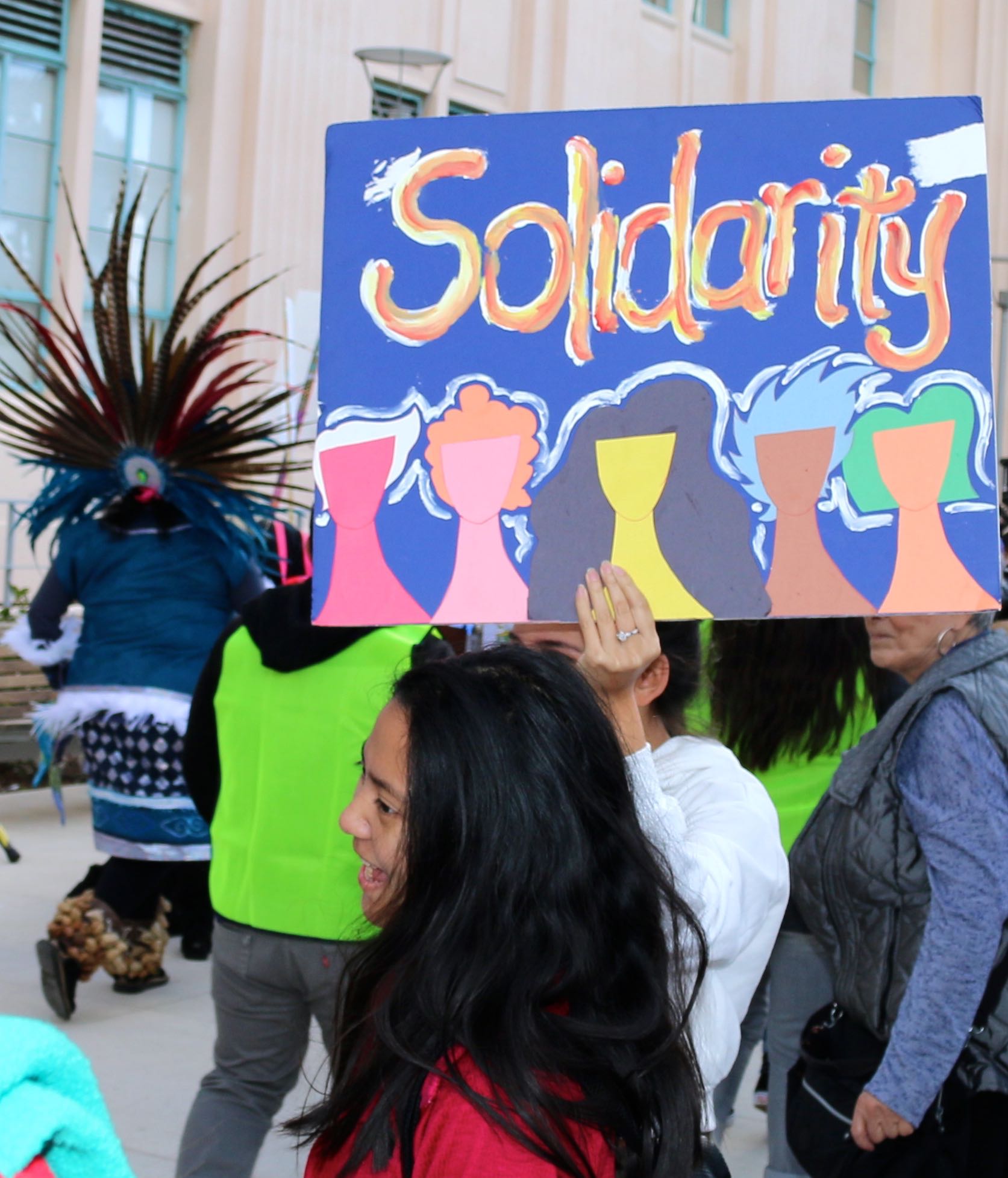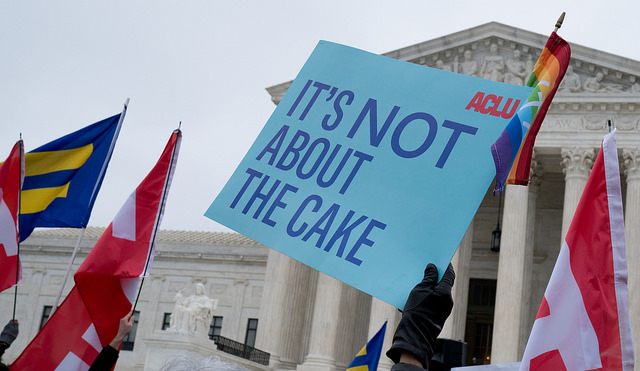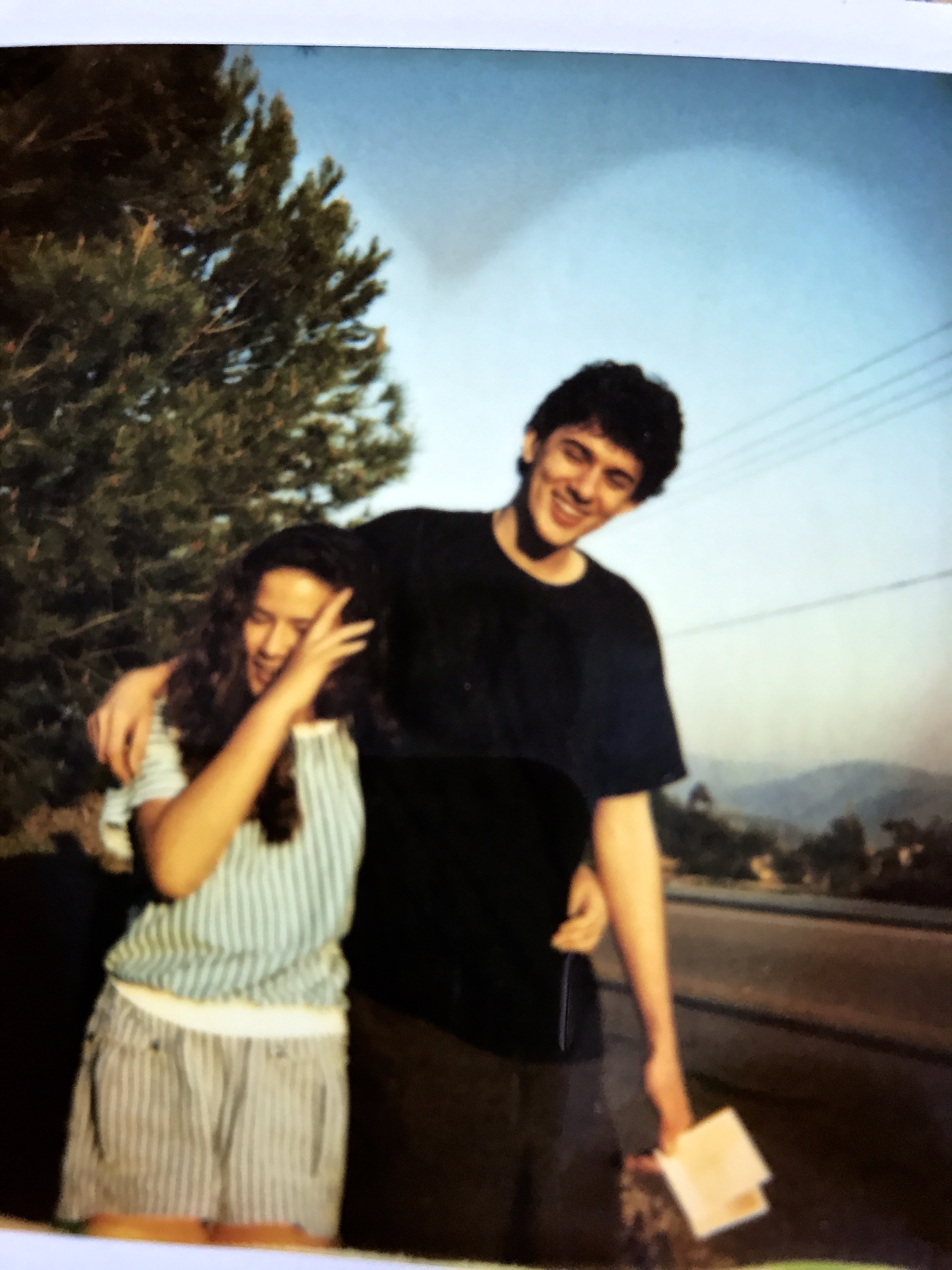Civil Discourse in the Trumpocalypse
By Sara Marchant
My brother Marvin is calling me, and, as usual, I debate whether to answer the phone.
My mother claims she never had an affair with Curb Your Enthusiasm’s Larry David, but my brother is so similar to the self-centered, self-absorbed, neurotic nervous maniac David, that I’m not sure I believe her. I don’t watch Curb Your Enthusiasm and I don’t talk to my brother when I’m driving or cooking dinner because vehicular manslaughter and third degree burns are not funny.
Finally, though, as I’m reading on the sofa, I reason it’s safe to be angered by whatever Marvin has to say.
“Marvin.”
“I’m calling for advice.” Marvin prides himself on not going in for a lot of ‘chit-chat,’ and he doesn’t engage in social niceties like hello, how are you, is this a good time?
“Really?” I say. “I doubt that.”
“I’m calling to ask your advice and pay you a compliment.”
I choke on my cinnamon gum as I laugh in disbelief.
“Listen up, I’m talking to you.” Now that sounds more like my brother.
“Two different people have stopped being my friend because they think I’m a Trump supporter.”
“Good for them,” I say and spit out my gum to prevent further choking incidents. I toss it into the trash.
“But I’m not a Trump supporter,” Marvin says incredulously. “I mean, he’s obviously insane.”
“But?”
“But what?” Marvin sounds eager, which makes me wary.
“Have you made comments that led them to believe you’re a Trump supporter?” Of course he has, he’s a giant insensitive punk who thinks only of himself. What’s best for Marvin is all that matters.
“Well, I mean, I am a conservative.”
“Exactly.”
“Exactly, what?” He really is excited by the coming fight. I wish I had more gum.
“Nowadays conservative equals Trump supporter, which equals asshole. I’d kick you to the curb, too, if I were your friend.” I chew the skin off my thumb’s cuticle in lieu of gum.
“You can’t say I’m an asshole just because I am a conservative.”
“I’m not. I don’t think you’re an asshole because you’re a conservative; I think you became a conservative because you’re an asshole.” I say this slowly so he’s sure to follow. “You’re selfish, shallow, and incapable of empathy.”
“I’m going to tell Mom,” my forty-eight-year-old brother says.
“Mom thinks you’re an asshole, too.”
“She does not!”
“She says your unpleasant personality is mitigated only by your handsomeness.”
“I am extremely handsome,” Marvin concedes.
“You look exactly like Mom.” He does, and our mom looked like Lucy Lawless (Xena: Warrior Princess) when she was young. “I’m hanging up now.”
“Wait, wait.” My brother is almost gleeful. I dread when he gets like this. He enjoys inciting me. If I lose control, let him know he’s getting a rise out of me, he wins. “But you’re friends with that conservative lady, the survivalist prepper-lady. That’s the compliment I was going to pay you—you’re not kicking her to the curb.”
“She’s not an asshole,” I respond. My temper is no longer fraying. I’ve temporarily clawed back from the edge, but I’ve also started chewing the skin of my other thumb. “She was raised by conservative Christians—narrow-minded white people from a homogenous state—to fear the other and think of herself as superior because of her blond hair and white skin. But now she’s found Jesus—again!—and she’s trying to do better, to be better. She’s just really annoying with the conservatism. It’s not like you. You were raised better. Your assholery is a character flaw.”
My brother gives the high-pitched giggle that means he’s both nervous and happy that he’s irritated someone to the point that they have to defend born-again Christian survivalists prepping for the coming invasion of ISIS. The cuticle around my middle finger is now bleeding.
“Anyway, you can keep your compliment,” I say. “She isn’t my friend anymore.”
“Since when?” Marvin is way too excited about this. “Because you’re too liberal? Because everyone at your party was gay? When did she break up with you? The party was, like, a week ago.”
I pause. I want to measure time so he understands that his questions are absurd, rude, and invasive. But he won’t ever understand, I know. Probably, he doesn’t even understand why he is so emotionally invested.
“Well?” Marvin asks. “Are you there?”
“She knew everyone was gay beforehand. I told her flat out that if she had a problem with that not to attend. Frankly, I think she came just to prove she isn’t a bigot.”
“You hurt her feelings,” Marvin says. “You offended her.”
“People with Infowars bumper stickers don’t get to be offended when others call them out on their ignorance, bigotry, and hate.” I’ve started chewing the skin from my littlest finger, but remove it from my mouth so that Marvin is sure to understand. “Advertising your hate means you want to be called out.”
“Infowars!” Marvin is rendered mute for two seconds. “Now that shit is awful.”
“Yep.”
“But she still came to the party; she seemed happy to be there. She was nice to me when you wouldn’t come down and open the gate. When did she stop being your friend?” He’s like a tiny fruit fly that you can’t see well enough to swat.
Marvin liking someone because she sympathized with him when I wouldn’t leave the thirty-plus guests in my house, while trying to keep the buffet going and everyone’s glass full, in order to walk half a mile in 112 degree heat to open my front gate so that my brother wouldn’t have to leave the comfort of his air conditioned car for two minutes is so typical I don’t even bother to address it.
“At the party, when Eduardo introduced himself, she told him her name and that she worked with me at the school. Eduardo said, ‘Oh my god! I’ve read about you!’ She hadn’t known about the essay or that I’d used her real name. And I guess that pissed her off. She stopped calling or returning emails—she’s sticking a fork in our friendship.”
Marvin is quiet. Then he starts to laugh. A big belly laugh, not his anxious giggle. He delights in catching me wrong-footed. He is loving evidence of my assholery. Then he quiets again.å
“Maybe you should stop writing essays about people,” he says.
We are both thinking of our sister. We are remembering an essay I wrote that made our sister so angry she stopped speaking to me. She sold her house, moved to Idaho, and we haven’t seen her since. It’s been years. Marvin is giggling again, sniggering really.
My brother was a conservative before the Trumpocalypse, and even though he says Trump is insane and he can’t support him, Marvin is gloating that his team is in power. He doesn’t see how this diminishes me. As a white non-Hispanic, my half brother doesn’t see how this diminishes me as a person of Mexican heritage, as a woman who’d like control of her own body, as a sister who realizes she’ll never be able to make her brother view her as anything other than an addendum to his own life and identity.
“Maybe I’ll write an essay about you, bozo,” I say.
“If you do, I won’t get angry,” he promises. “I’ll send it to all my friends.”
“All your ex-friends,” I interrupt.
“I’ll say, ‘Read this mean essay my mean liberal sister wrote about me.”
“You’re such a pendejo.”
“I’ll brag about the mean essay.”
“I’ll do it, punk.”
“I’ll say, ‘My sister calls me the asshole for being conservative, but she’s the one starting shit with mean liberal essays.’”
“I am hanging up now, jerk face.”
“Tell me you love me before you go write a mean essay about me.”
“I love you, and I am going to write the meanest essay I possibly can so all your friends break up with you.”
Marvin is laughing his loud belly laugh of irritating glee as I end the call. All my cuticles are bleeding. I realize he never asked me for advice, the supposed purpose of his call. I never asked him what advice he wanted or why he wanted to ask it of me. This is so typical of us that I giggle, sigh, and bandage my fingers. The phone rings again and I see it’s my mother. I answer.
“Did you tell your brother that I think he’s an asshole?”
A note from Sara: If you enjoy knowing that Writers Resist exists, please consider a small contribution, so we can continue to give our writers and artists a little something. Contributions are gratefully accept here. Thanks for reading!
Sara Marchant, a founding editor of Writers Resist, received her MFA in Creative Writing and Writing for the Performing Arts from the University of California, Riverside/Palm Desert. Her work has been published by The Manifest Station, Every Writer’s Resource, Full Grown People, Brilliant Flash Fiction, The Coachella Review, Writers Resist, East Jasmine Review, and ROAR. Sara’s nonfiction can be found in the women of color anthology All the Women in My Family Sing, and her novella Let Me Go has been anthologized by Running Wild Press.
Long ago and far away, she worked at The San Diego Natural History Museum in their BiNational Education Department utilizing her BA in Latin American History. In her spare time she teaches Critical Thinking and Writing at Mt. San Jacinto College to the new generation that she hopes will someday save our society from its nihilistic impulses. She lives in the high desert of Southern California with her husband, two dogs, a goat, and five chickens.
Photo courtesy of the author.

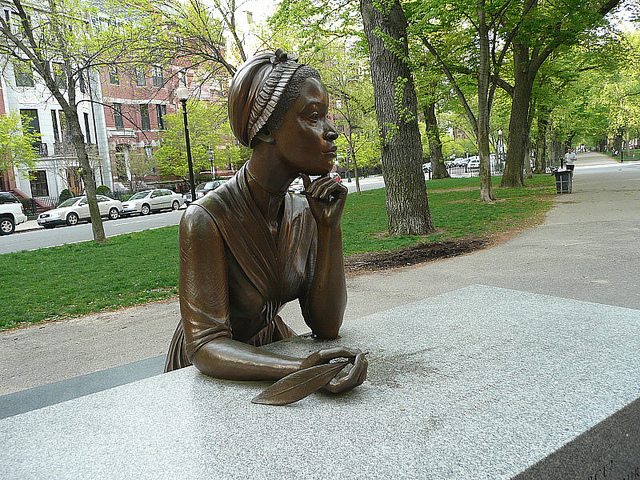
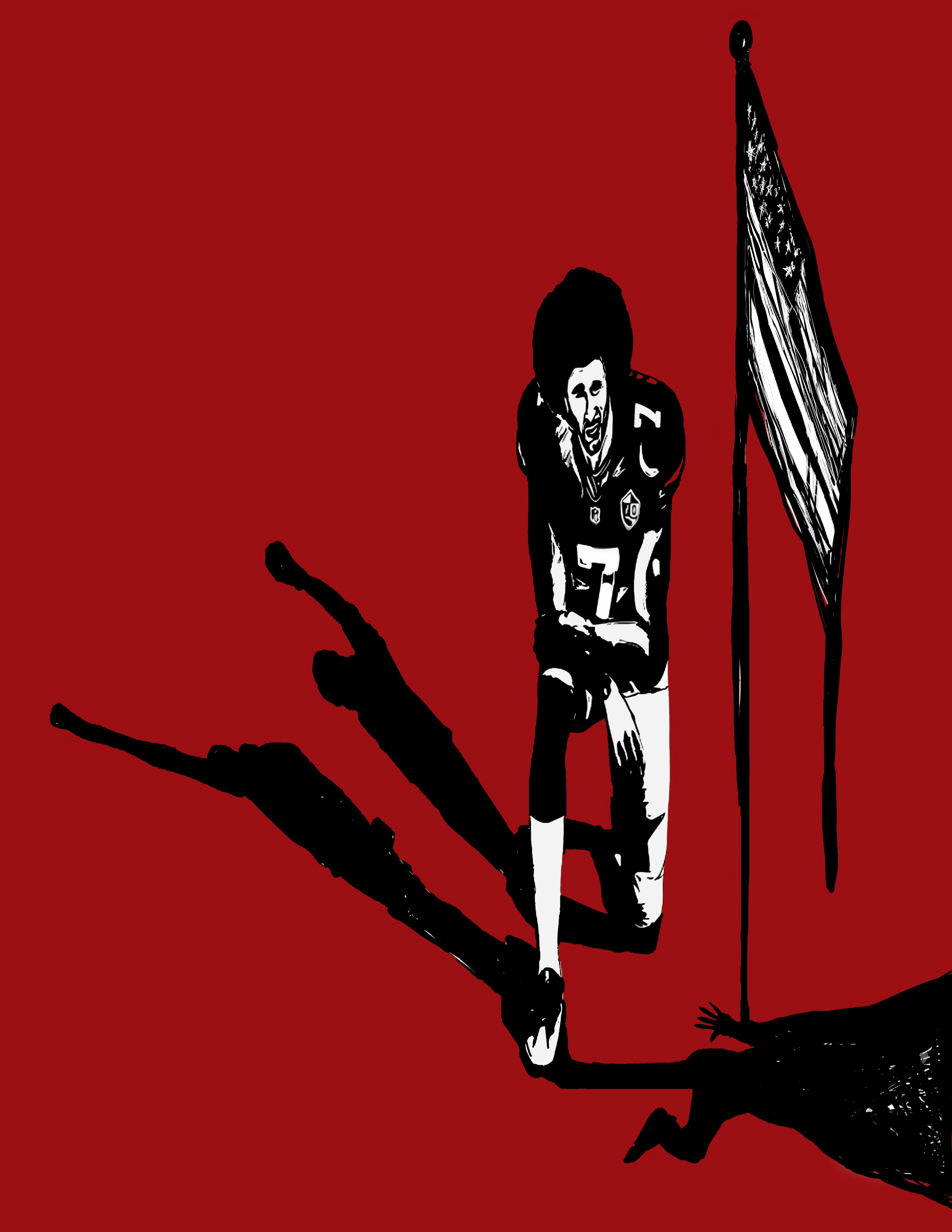
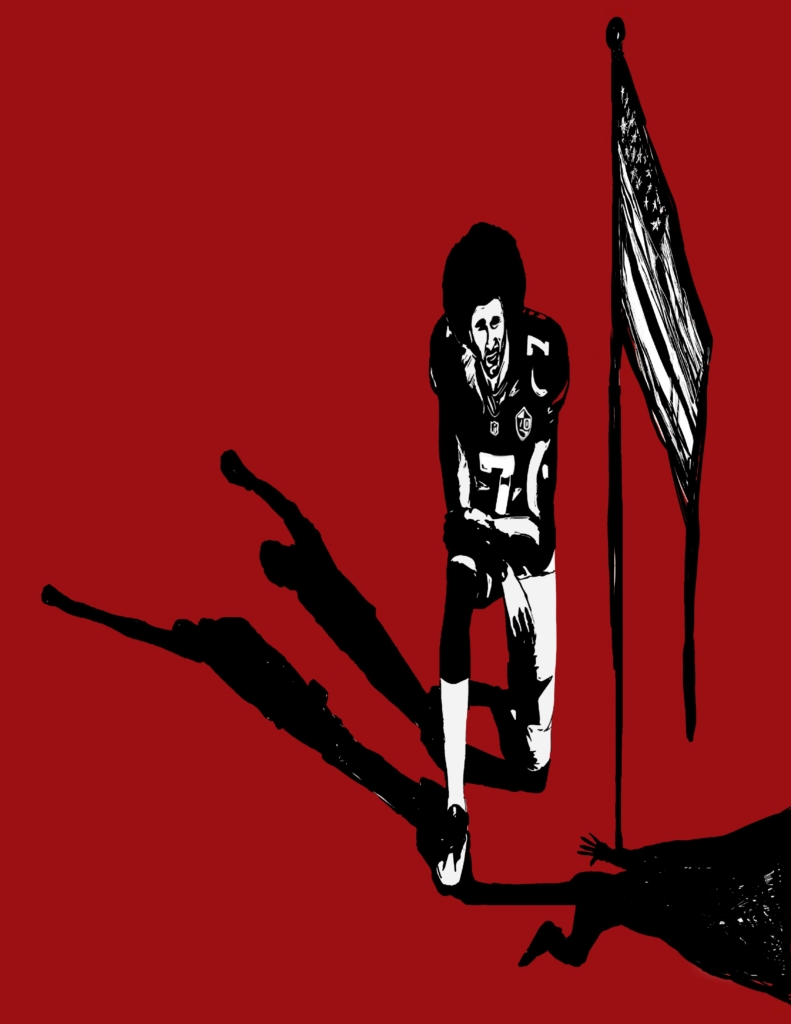



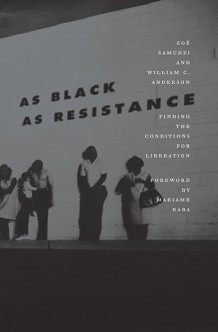 William C. Anderson is a freelance writer. His work has been published by The Guardian, MTV and Pitchfork among others.
William C. Anderson is a freelance writer. His work has been published by The Guardian, MTV and Pitchfork among others.